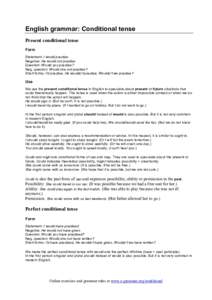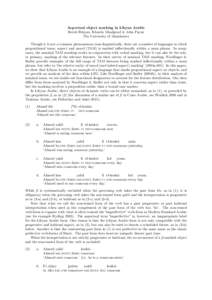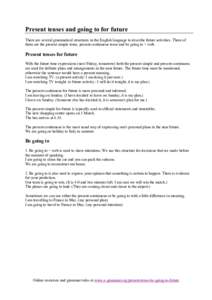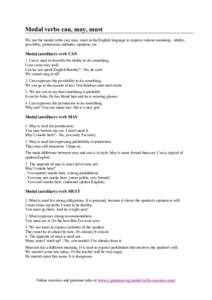<--- Back to Details
| First Page | Document Content | |
|---|---|---|
 Date: 2013-07-01 12:54:32Habitual aspect Imperfect Spanish verbs Preterite Perfective aspect Past tense Perfect Continuous and progressive aspects Tense–aspect–mood Grammar Grammatical tenses Grammatical aspect |
Add to Reading List |
 Usage of Imperfect and Imperfect Progressive Verb Forms in Spanish as a Majority and Minority Language: Is There an Effect for Language Contact?
Usage of Imperfect and Imperfect Progressive Verb Forms in Spanish as a Majority and Minority Language: Is There an Effect for Language Contact?



